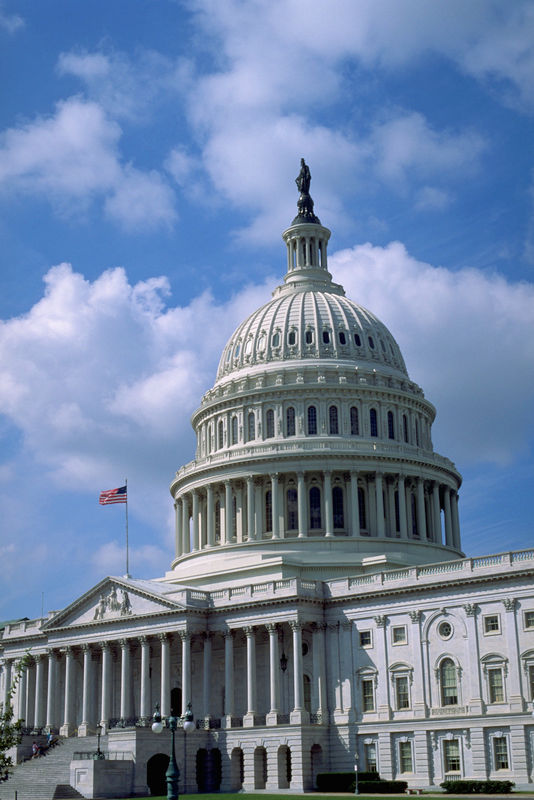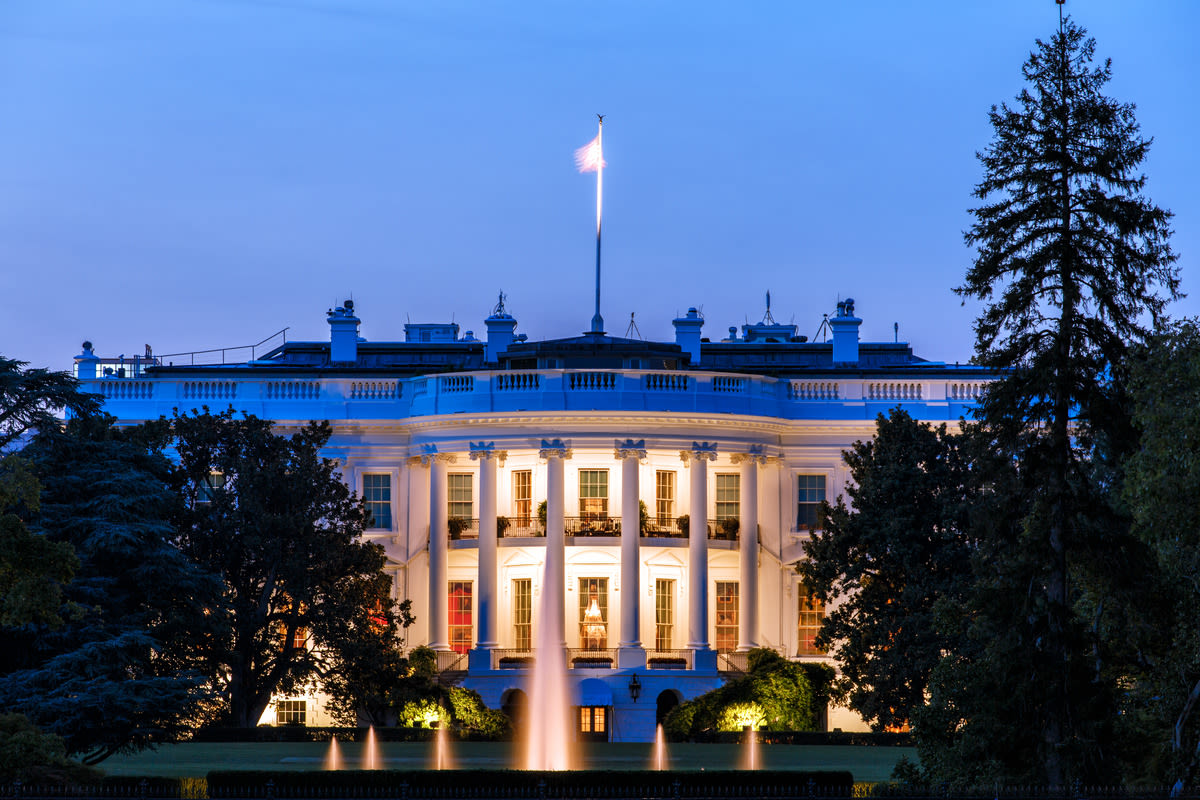
June 1, 2021
New Trade Act Could Trigger Supply Chain Changes
New Trade Act Could Trigger Supply Chain Changes

Every year or so, Congress passes a Miscellaneous Trade Bill (MTB), comprising the odds and ends other legislation may have overlooked. One is in the works now, with rumors of it passing in late summer or early fall 2021. The timing is right for companies to get familiar with its provisions.
With this year's bill, we see signs of Congress using the Miscellaneous Trade Bill to further its agenda beyond traditional trade issues.
And, while that’s normal to some extent, this year’s provisions attach the generalized system of preferences (GSP) to the usual bill. GSP is a trade program that confers benefits on developing nations. Those nations are now looking at stricter eligibility requirements.
But, overall, these bills are supposed to be about reducing trade friction, and they do a good job at it. It’s always remarkable to me how many products could receive benefits under one bill—from shelled pine nuts to acoustic guitars to bicycle fenders—but it’s even crazier how many companies don't take advantage of those benefits.
Start thinking about potential impacts now to inform developing strategy. Here, we’ll look at domestic manufacturing, international supplier relationships, and a tariff engineering approach several companies should be able to try.
Possible Impacts
One of the first things companies can do is review their product lists. Analyze Harmonized Tariff Schedule (HTS) classifications, countries of origin, and product values for all products. This is the data that lets you identify and quantify the available opportunities. Any strategy that takes advantage of the Miscellaneous Trade Bill requires that your product data is accurate and up to date.
Domestic Manufacturing
Many of the Miscellaneous Trade Bill provisions address raw materials that support production of finished products in the US. By keeping the duty rate low on these kinds of inputs, the bill could encourage more companies to move more production to the US.
That’s because the easiest way to produce market-ready products is to start at the end of the production cycle—to just assemble components rather than manufacture and assemble components.
So a company that manufactures bicycles would import all of the bicycle parts and assemble them in a US factory, hopefully creating or securing US jobs along the way, while benefiting financially from the duty-free import of the parts.
Even better, in earlier stages of MTBs, Congress is pretty receptive to feedback.
If you’re a bicycle brand that assembles your bikes in the US, you’re probably really happy about getting your fenders duty-free. In that case, notifying Congress of your support of a provision can go a long way towards final draft inclusion.
But, similarly, if your company manufactures fenders in the US, you might submit a comment in objection via the United States International Trade Commission Miscellaneous Tariff Bill Petition System (MTBPS), citing harm to domestic industry. The general trend with MTBs is that everyone wants them to pass, so controversy could get a provision axed.
This is a competitive angle companies can consider when reviewing your parts against the products in the bill—or the parts of your competitors.
Supplier Partnerships
The big change this year: Congress is rolling the new GSP into the Miscellaneous Trade Bill.
The economic benefits program incentivizes trade with less developed countries by eliminating tariffs on some imported goods. As of November 2020, 119 countries and territories are program-eligible.
If your company chose supplier relationships based on GSP, it’s crucial that you follow any updates. GSP is actually up for renewal, anyway, which is why Congress is treating it at the same time as the miscellaneous provisions—but it’s about to get harder for countries to qualify, thanks to a slew of new social responsibility requirements.
This is the same kind of stretching we're seeing with the recent jump in US Customs enforcement. There, a stricter approach helps secure tariff revenue and supports initiatives around the environment, labor, and human rights.
Opinions on this will vary. On one hand, US companies don’t like when duties rise, and kicking some countries off the list will reinstate duties—like in 2019, when Turkey and India lost eligibility.
On the other hand, GSP countries may not prioritize sustainability, anti-corruption, gender equality, or other human rights without some coaxing.
Conditioning trade may be the best way to urge these countries to raise the bar. For example, in 2020, Uzbekistan earned its eligibility by demonstrating that its worker rights and intellectual property rights practices met GSP standards.
Companies with sophisticated advisors can look ahead to determine which countries may or may not qualify this year. That way, if you need to adjust your supplier relationships, you can do so before getting hit with a higher duty obligation.
Tariff Engineering
There’s some low-hanging fruit here, too. When reviewing your product lists against the MTB provisions, you may find opportunities to adjust products to fit into the provision language.
For example, the provision for children’s athletic shoes with glitter uppers was most likely submitted by a company that makes these shoes—it’s that specific. But there’s nothing stopping another children’s athletic-shoe company from adding glitter to its styles if the provision passes.
This is simply part of a tariff engineering strategy, where product designs satisfy certain parameters in order to lawfully qualify for lower duty rates.
And once a company understands the parameters, it can decide to adapt any part of its supply chain to qualify for duty-free imports or other benefits.
Sign up to learn more about trade advisory services from Flexport.
About the Author





